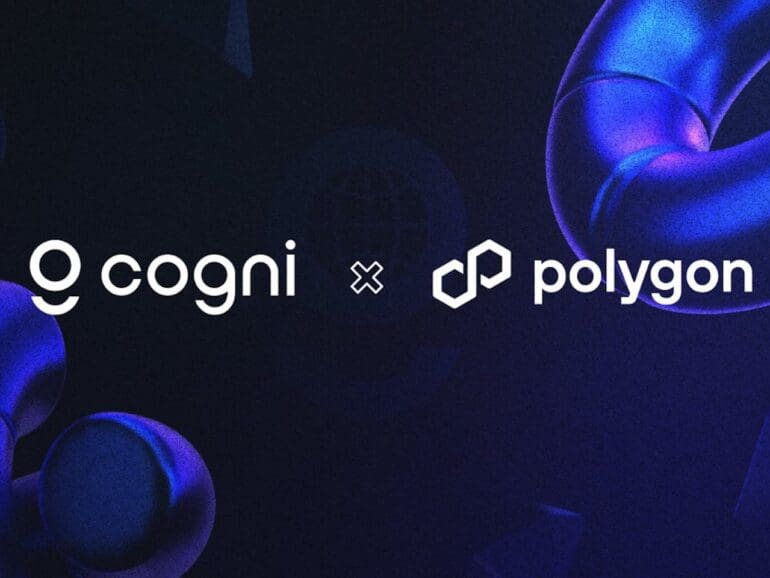Regulation within the U.S. Web3 and crypto space is becoming ever more elusive.
Regulators continue to, for the most part, maintain a position that the sector has a compliance problem, not a problem of regulatory clarity. In his congressional hearing last week, SEC Chair Gary Gensler tried to assure many incredulous Committee members that the parameters for compliance were already in place.
Perhaps he was referring to KYC and AML requirements facing financial institutions in both Web2 and Web3. While crypto technologies at their basis are designed to have increased privacy, they are required to adhere to these mandates when embarking on mainstream adoption.
For some time, as Web3 companies embarked on the challenge of bringing their services to a broader audience within the US, they have had to develop their own compliance systems in many cases. Yesterday, April 28, 2023, Cogni announced their partnership with Polygon to create a solution to make this easier.
Passport to navigate KYC
The Cogni Web3 Passport supports Web3 platforms of all types as they navigate KYC compliance.

“The Cogni Passport is an industry-first, porting traditional web2 KYC into a Web3 medium,” said Simon Grunfeld, Head of Web3 at Cogni. “It solves the industry’s biggest problems around trust and compliance.”
“Passport provides Web3 companies with a simple solution to comply with upcoming KYC rules in the U.S. so they can continue to operate normally without any serious infrastructure upgrades.”
“From a trust perspective, users and platforms will know the unique, verified identity of wallets – provided that the owner allows it – which will reduce the amount of fraud and inauthentic sellers in the Web3 space.”
In addition, Cogni’s Passport grants individual users complete customer privacy by minting a non-transferable NFT with encrypted personal information captured during Cogni’s account opening process to a user’s wallet.
The Passport is Cogni’s second Web3 offering, coming to the space as a Web2 digital bank. Their first offering, launched in December 2022, was a non-custodial, multi-chain wallet.
RELATED: Web3 services can reinvigorate traditional banking, Cogni founder says
“When planning our entry into Web3, we prioritized ownership and security first. We’ve since developed an easy-to-use, safe platform that allows users to hold digital assets without adding any unnecessary stressors to the process,” said Archie Ravishankar, founder and CEO of Cogni.
“The essence of blockchain has not changed. We believe that if you don’t own your keys, ultimately, you don’t own your crypto. Our users own their keys, making Cogni the most secure platform on the market.”


